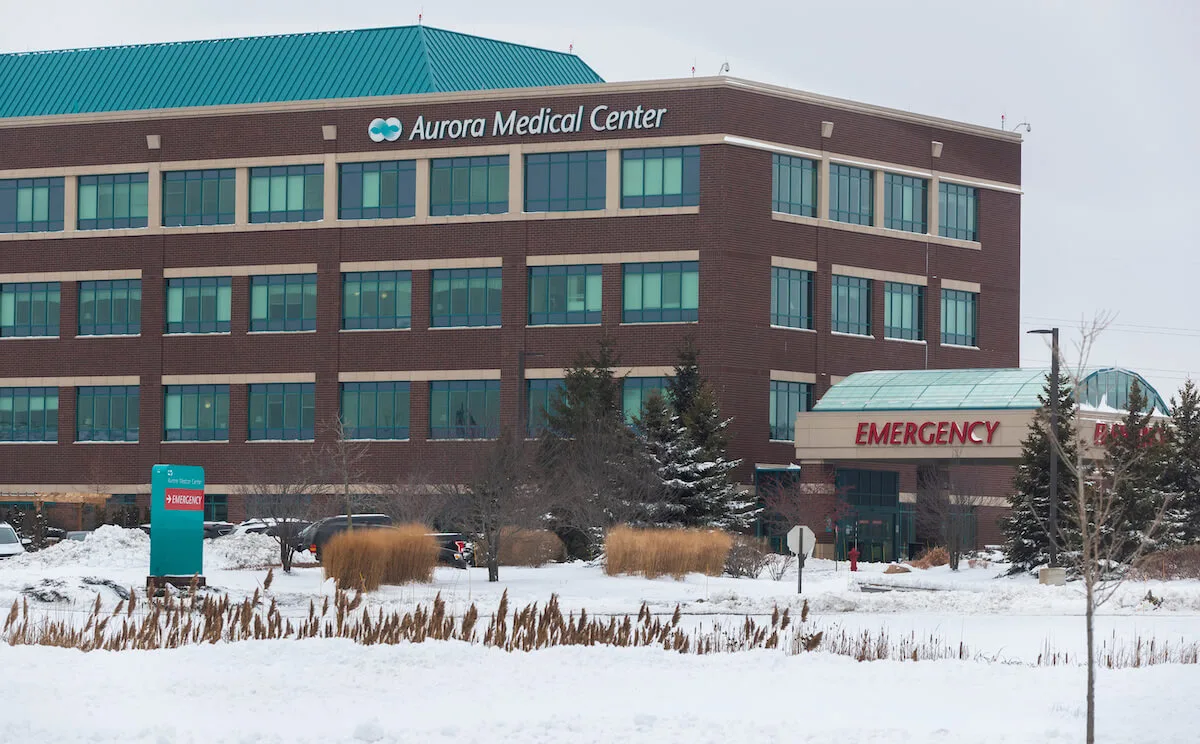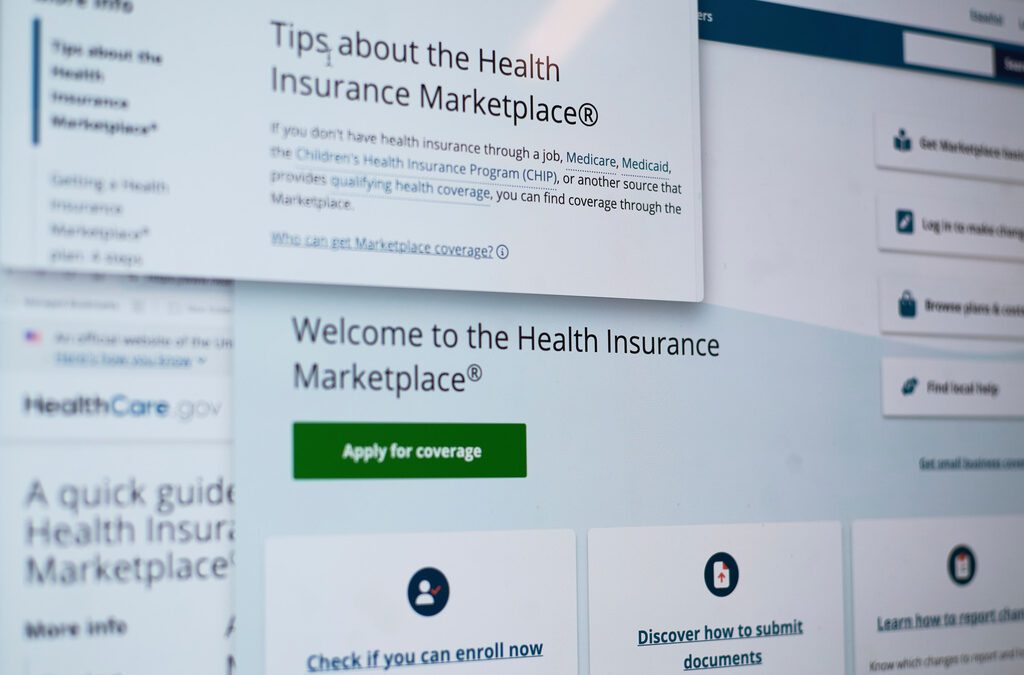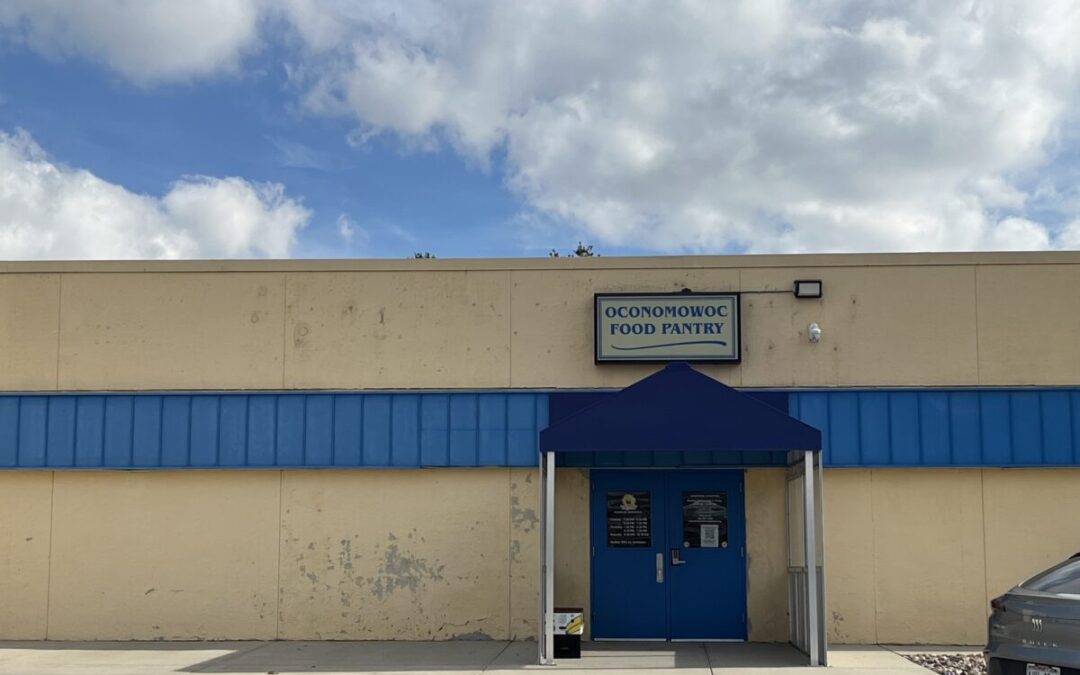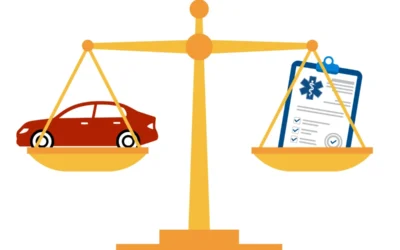
Health equity advocates point to massive spending deficits, high CEO salaries, and gaps in regulation as evidence that nonprofit hospitals aren’t living up to their charitable promises.
In response to what it calls a “medical debt crisis,” health equity organization Community Catalyst has circulated a petition that’s gaining traction in Wisconsin and beyond.
The petition, titled “End the Medical Debt Crisis: We Must Hold Non-Profit Hospitals Accountable,” points to problematic behavior from nonprofit hospitals, which aren’t actually exempt from making money. Instead, “nonprofit” simply means these healthcare organizations are classified as charities by the Internal Revenue Service (IRS) and are eligible for tax breaks.
The petition is intended to “send a message to policymakers” that nonprofit hospitals and their tax breaks should be more closely regulated, while financial aid policies and bill collection practices at these hospitals should be kept in check.
“In the simplest of terms, many nonprofit hospitals aren’t living up to their promise to communities—and it’s having significant impacts on the health and financial security of people,” said Mona Shah, Senior Director of Policy and Strategy at Community Catalyst.
A statement on the petition’s homepage says that around 100 million Americans—or 1 in 4 people—have some form of medical debt. Despite this, the statement continues, “hospital CEOs are pocketing billions of dollars in profit.”
Data shows that nonprofit hospital systems, including Wisconsin’s Advocate Aurora Health, are raking in millions of dollars annually. These nonprofit hospitals could use their tax breaks to support low-income patients by providing reduced-fee or free services and funding community programming. These services are collectively known as charity care.
But a national analysis of hospitals’ “fair share deficits,” or the difference between their annual tax break earnings and the amount spent on charity care, demonstrates that many nonprofit healthcare organizations are actually using their lofty profits to fund executive salaries and bolster the bottom line instead of prioritizing compassionate patient care.
Data from the Lown Institute Hospitals Index shows that in 2021, Wisconsin’s hospitals had an overall fair share deficit of $717 million. This means that hospitals collectively earned $717 million more in tax breaks than they spent on charity care and community investments.
Despite this substantial deficit, Community Catalyst and other critics say, nonprofit hospitals are hounding patients to pay bills and leaving many with crippling medical debt.
The organization points to the Lown Institute numbers as proof that “if non-profit hospitals wanted to, they could easily eliminate medical debt for more than 18 million people in America—just with the money that they should be, but are not, spending on the communities they are designed to serve.”
Nearly all of Wisconsin’s hospitals are classified as nonprofit. Nationwide, there are more than 1,300 nonprofit hospitals. But only five states’ nonprofit healthcare systems have fair share surpluses rather than deficits.
Community Catalyst hopes its petition will help urge bipartisan lawmakers to hold nonprofit hospitals accountable by enhancing financial aid policies to prevent patients from building medical debt in the first place, cracking down on excessive hospital charges, regulating “harsh” bill collection policies, and increasing overall regulation of hospitals’ financial practices.
“We know that for far too many individuals they are just one medical crisis away from a financial crisis. And there is no way of knowing when that day may come,” said Shah. “And in many communities, nonprofit hospitals are the only care available. The system is simply not working for most people. Which is why we need to do more to reign in these hospitals.”
Shah said the petition has garnered around 4,000 signatures to date and continues to grow. She emphasized that President Joe Biden could make policy changes quickly via executive action.
“The power of petitions like this, and the stories behind those who sign them, is they help reinforce to our elected leaders that these are not abstract policy debates but have real world impacts for real people,” she explained. “And again, all of this can be done with the stroke of a pen.”

Congress gifts higher premiums to more than 300,000 Wisconsinites
By Judith Ruiz-Branch Heading into the holidays, hundreds of thousands of Wisconsinites will be burdened with wondering if they will be...

OPINION: Without the ACA Premium Tax Credit, my family’s health coverage is at risk
Like so many other working families, I don’t know what my family would do without the Affordable Care Act (ACA) premium tax credits. As these...

How to support Wisconsin residents as SNAP funding disappears
As the nation remains in a government shutdown, food assistance programs in Wisconsin are feeling the effects. FoodShare, Wisconsin’s federal...

October is Breast Cancer Awareness Month. Here’s how you can help in Wisconsin
It's Breast Cancer Awareness Month. Here's how you can help fight for a cure throughout Wisconsin. October is globally recognized as Breast Cancer...





